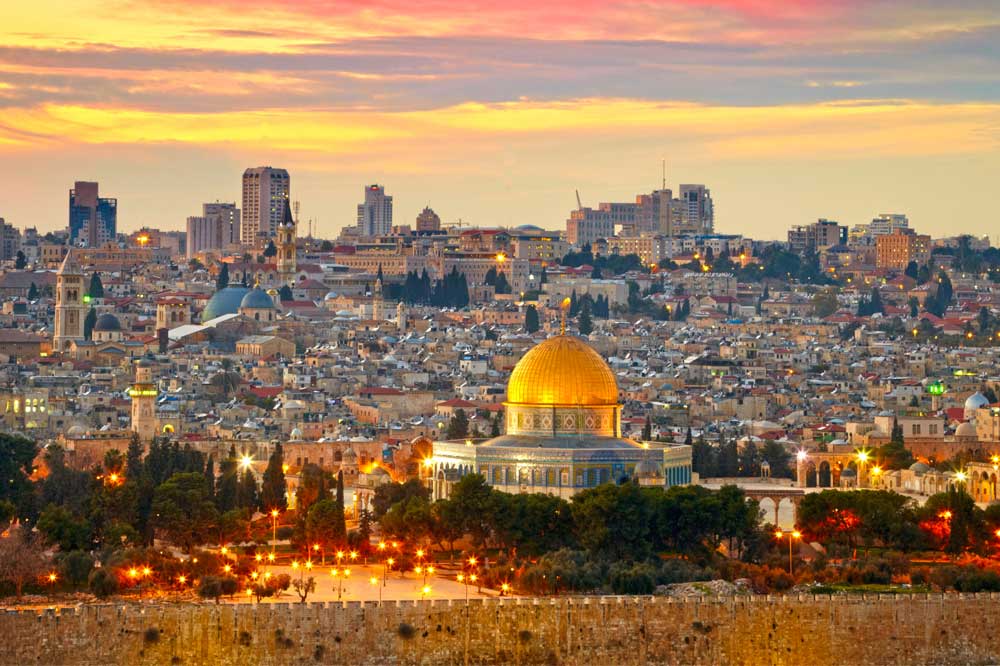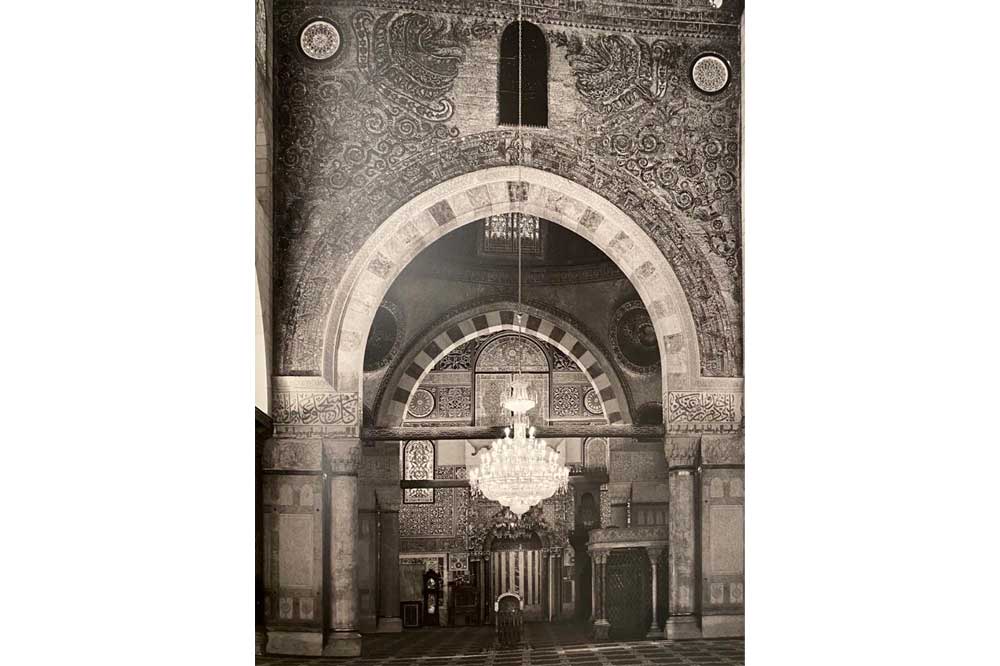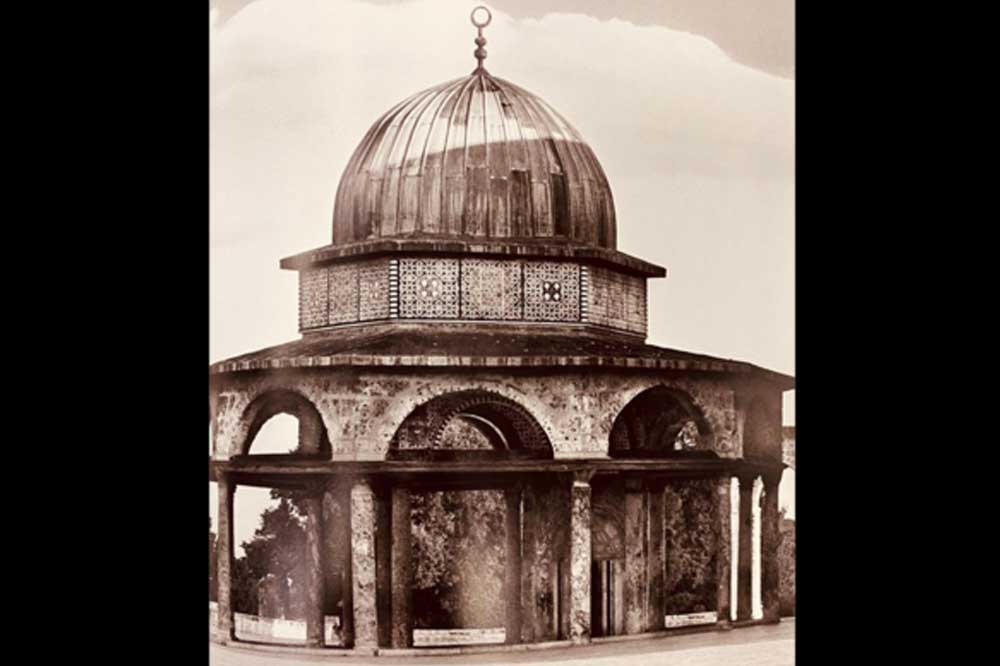
In Saudi Arabia, culture, religion and heritage are an important sector, especially under Vision 2030, under which the preservation of historical sites and artifacts is key in encouraging tourism. In a recent project led by the King Abdul Aziz Public Library (KAPL) in Riyadh, researchers have digitized an extraordinary collection of footage that depicts Jerusalem’s history. The artifacts also include both visual and written articles from the history of the Arab world.

The manuscripts, maps, images and more have been sourced from over a quarter of a million books and is reportedly the biggest documented archive of a “holy city,” in the Arab Union Catalog, which is a nonprofit organization which spans across a network of Arab libraries and other informational institutions which collect, share, and catalog historical records.

In partnership with the United Nations Relief and Works Agency for Palestinian Refugees in the Near East (UNRWA), the King Abdul Aziz Public Library collated hundreds of photographs of ancient Jerusalem highlighting the UNESCO World Heritage Site’s culture that might be lost in history in time to come.

The Kingdom of Saudi Arabia fervently prides itself on the country’s culture and heritage and the Saudi King Abdul Aziz Public Library has over 3 million books, rare photographs and documents of the region from which a large amount chronicles Palestinian history.
Some of the collected documents date as far back as 1528, and the most recent records and findings are located in the virtual UNRWA Libraries Network, which preserve the heritage and identity of Palestinian people. Having access to the wealth of information of the history of Palestine and Arab traditions, culture and civilization online, means that it can be preserved forever and passed down to the future generations.

















